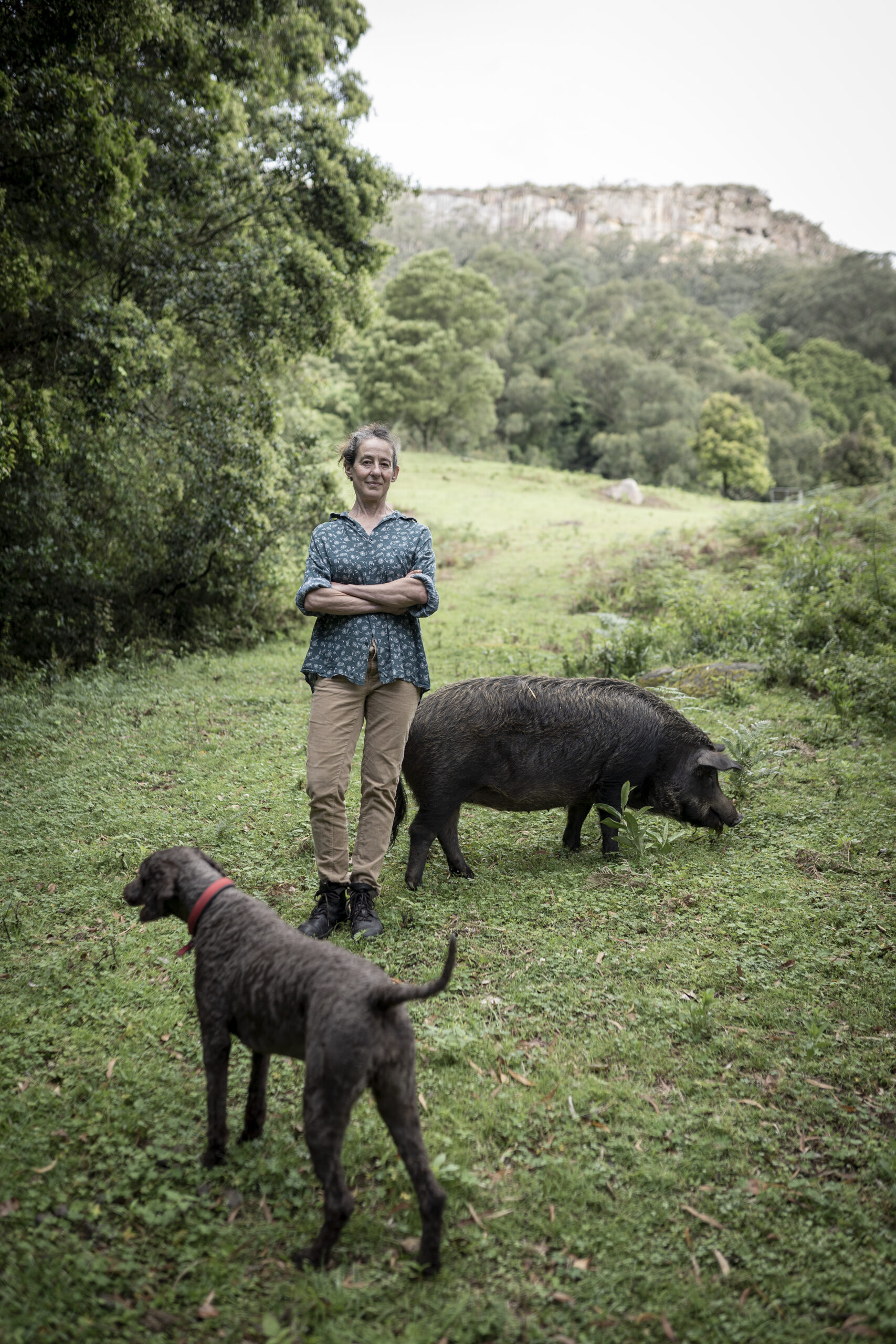“Where Species don’t Meet” download the article here (published in Environment and Planning E, July 2020)
Abstract:
A growing body of literature is concerned with ‘healing’ our cities, fostering an ethic of care for urban nature and creating more socially and environmentally just cities. At the same time, urban biodiversity is the focus of an increasing number of projects at multiple scales. However, in contrast to the ethos of multispecies ‘entanglement’ and ‘becoming with’ that typically animates this research, large numbers of animals ‘entangled’ in the machinations of our cities constitute a ‘nature’ that remains mostly unseen. And yet, it is the local and global practices these animals are part of – associated with food, entertainment, education, companionship and research – and the persistent relations of use and exploitation that underpin them, that are most directly implicated in the ongoing environmental degradation, destruction of habitats and extinction of species that create the ‘problem’ of urban biodiversity. We therefore argue that a persistent anthropocentrism is hampering efforts to respond effectively to the findings and recommendations of the IPCC, IPBES, FAO and others. Based on a thorough literature search and review of 65 articles concerned with urban ‘nature’ and multispecies relations, we demonstrate a prevailing hierarchy in how, and more importantly which, nonhuman species are being represented. Parallels are noted from recent social movements and the work of scholars from complementary fields. We highlight the dangers posed by this selective remit of care and concern and suggest critical animal studies as a way to adjust the frame and extend the boundaries of dominant thinking about what constitutes ‘nature’. In conclusion, we call for researchers concerned with urban nature and biodiversity to adopt more critical and repoliticized understandings of ‘nature’ and multispecies relations – ones that are better poised to challenge practices involving commodified animals and slow the pace of environmental destructions and losses they are associated with.
Paula Arcari is supported by a Leverhulme Trust Early Career Fellowship located at the Centre for Human Animal Studies, Edge Hill University.
We welcome questions submitted in advance, please send to hayley.singer@unimelb.edu.au


